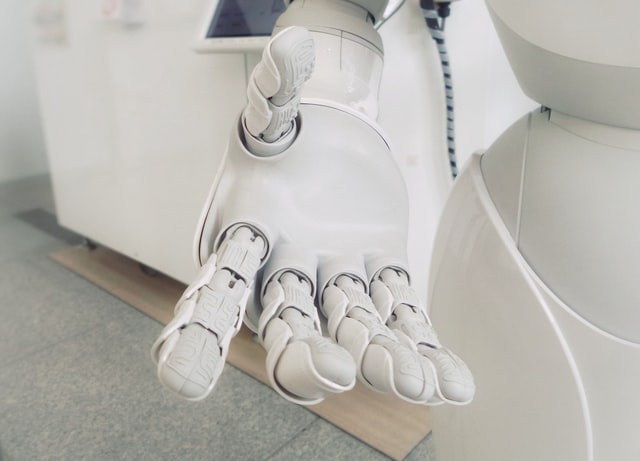
Even though we're only 20 years into the 21st century, the technological progress that took place during that time is pretty impressive, if we do say so. From compact digital cell phones to flying vehicle prototypes - we live in a world full of technology. It has not only drastically changed the way we live our everyday lives but also completely revolutionized the medicine sector.
Medicine has changed for the better with the new, improved technology we have today, ranging from defibrillators being present in the majority of public spaces to ultrasounds allowing us to throw that dream gender reveal party. Online retailers are now filled with technological advances related to medical needs, with places like Heartland Medical providing medical facilities with easy access to professional equipment.
To show you how greatly the medicine sector has changed, we put together a list of the most crucial technological advances that have completely revolutionized it.
Rapid Testing
Treating a disease is crucial - that's a no-brainer. However, what's even more important is discovering it early enough to increase the chances of effective curation or treatment. New technologies that we have nowadays enable us to quickly and efficiently perform tests for various diseases.
From mammograms to rapid PCR testing, we can utilize those innovations to discover a wide variety of conditions early on.
MRI
You've probably stumbled upon the name MRI, but do you know exactly what it's utilized for? Magnetic Resonance Imaging, commonly known as MRI, produces detailed images of the inside of the human body. Doctors can efficiently and accurately use this image to spot any inconsistencies and diagnose a health condition associated with them.
MRI is not precisely a 21st-century Invention, as the acclaimed creator of this technology giant is Dr. Damadian, who created it in 1977. However, with the rapidly advancing technology, the quality of MRI images became much more accurate than it used to be.
Laser Surgeries
Even though lasers' history dates back to the 1960s, it started to be used for medical purposes at the end of the 1980s. Today, lasers are used in various treatments, from esthetical procedures such as getting rid of wrinkles to complex eye surgeries. The rapid advancements in technology also allow lasers to be implemented into the process of removing pre-cancerous cells and conquering a variety of other diseases.
Prosthetics
In today's world, prosthetic devices can look and function just like any other body part. The biomedical development in prosthetics allows the replication of a person's tendons and ligaments to create a natural body motion. This colossal advancement in technology not only allows people that lost a body part to feel more comfortable with themselves but make them much more independent in tasks they would be unable to perform otherwise.
Specialized Devices
Robotic devices can perform surgeries even in the hardest to get places, and allow precision that would be impossible to achieve by a doctor. Since they are not as invasive as regular surgeries, they protect the body from any unnecessary scaring that would typically occur.
The Internet
We're not saying that you should self-diagnose through WebMD every time you have a headache, but the Internet provides us with a gigantic database of health questions and answers we might be looking for. Even though the creation of the World Wide Web doesn't really work in favor of hypochondriacs, it allows us to check up upon ourselves without having to go to the doctors all the time.
The Internet might not be seen as one of the most innovative changes in the medical world today, but it provides both doctors and patients with the resources that would otherwise require going through medical journals.
Another aspect of the Internet that is worth mentioning is the spread of awareness that it has been created. In times of a global pandemic, we have to use every outlet we can to spread information about how to protect ourselves and others from the virus, and consequently slowing down the spread.
Conclusion
Technological advancement has completely changed our world and gave us access to things that people a few decades ago didn't think were possible. From a more comfortable way of communication to live-saving procedures, technology and the people behind it are the reason behind the change in the quality of our lives.
The power of technology in medicine is even more noticeable in the times of a global pandemic, with modern medical resources being responsible for saving countless lives, and the Internet helping in spreading awareness about how to protect ourselves and others.
© 2025 NatureWorldNews.com All rights reserved. Do not reproduce without permission.





